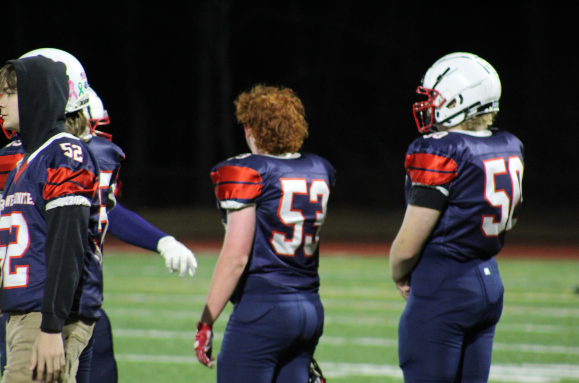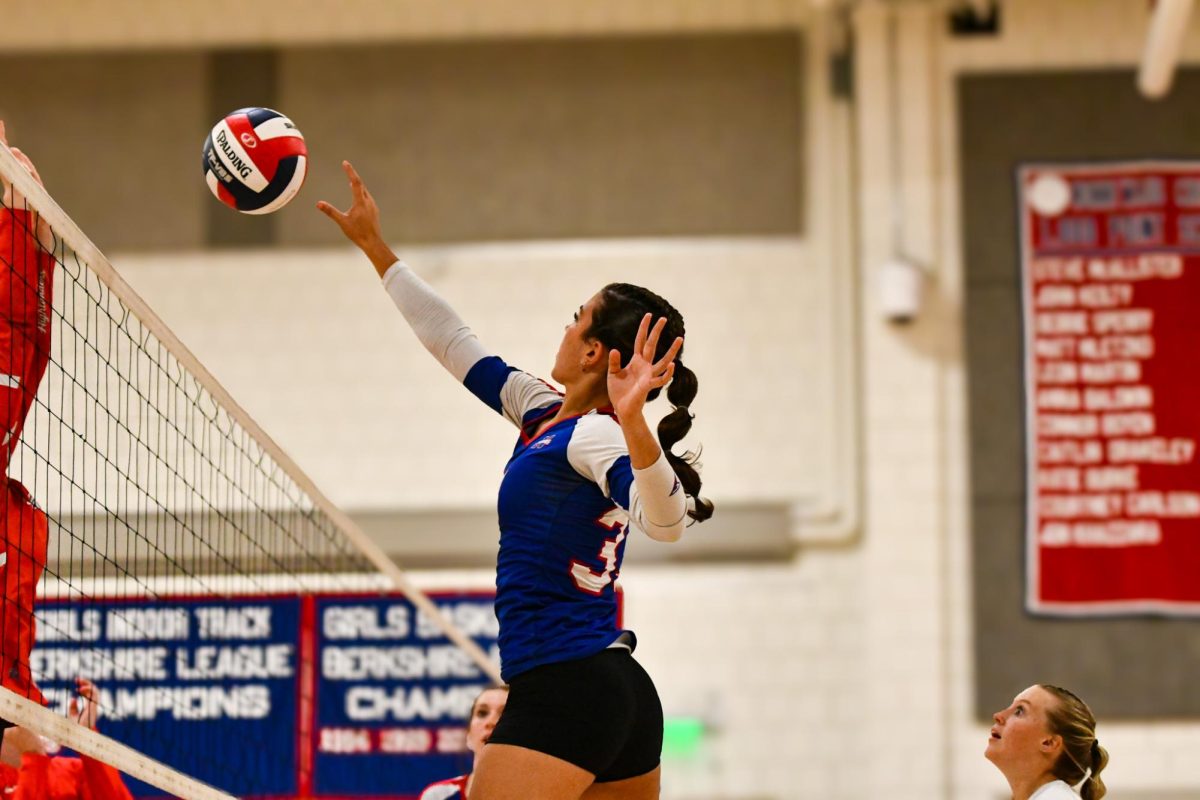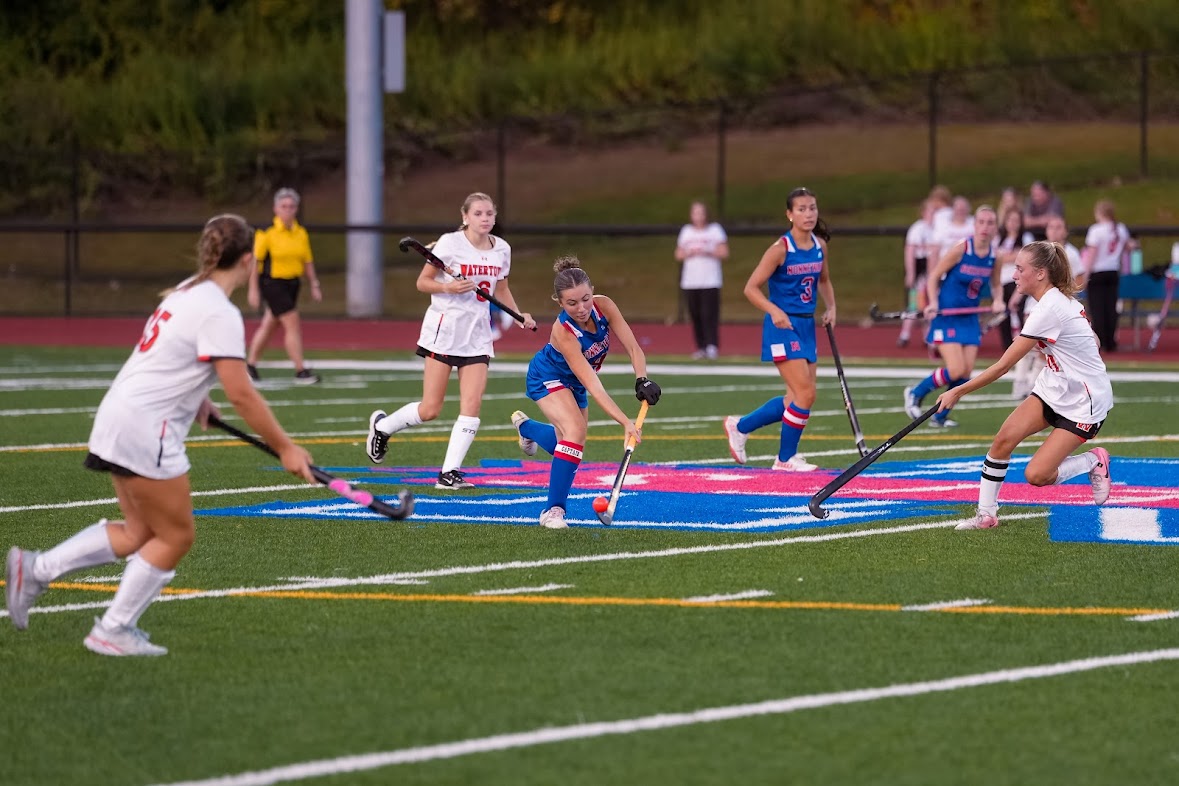WOODBURY — Girls are feeling sidelined in their own sports. This is because we now follow a new guideline: Boys that psychologically identify as females can compete against biological females. No questions asked. And Connecticut is one of the remaining 26 states that are allowing this to happen.
Back in 2020 this situation came to light when Selina Soule, Chelsea Mitchell, Ashley Nicoletti and Alanna Smith, four former Connecticut high school track athletes sued the Connecticut Interscholastic Athletic Conference (CIAC). They claimed in their lawsuit that the CIAC policy that states transgender student athletes can compete in athletic programs consistent with their gender identity was a violation of Title IX.
These four girls lost championship titles to two transgender females. The girls stated this policy deprived them of honors and opportunities. The case was dismissed in 2021. However, as of December 2023, this case was revived as deemed by all active judges on the 2nd US Circuit Court of Appeals in Manhattan.
It was brought more into the spotlight after headlines of transgender athlete Lia Thomas, from University of Pennsylvania, went on to win the NCAA Division I national championship for the women’s 500-yard freestyle. Thomas also tied for fifth place with Riley Gaines of the University of Kentucky in the 200 freestyle, although Gaines states she was not given a fifth-place trophy and hers was to be mailed to her, hence giving the spotlight only to Thomas. Gaines has since become an advocate for women’s sports and speaks out against trans women in female sports.
So what advantages do transwomen have?
According to a 2023 article published by the National Review, biological males have greater lung capacity, larger hearts, more red blood cells, more bone density and muscle mass. All of that equals someone that can run and accelerate faster, jump higher and throw further to name a few. By having all of these performance advantages is what makes male athletes faster and stronger than female athletes.
These are just facts.

“I think that it is completely unfair,” said Sophia Garguilo, a sophomore three-sport athlete at Nonnewaug. “They have a huge advantage. I don’t think that biological men should ever be able to compete against women.”
While the issue regarding fairness and equity has become increasingly headline news, NHS athletes are keenly aware of the complexity of the issue.
“I don’t think it’s entirely fair just because of the biological aspects,” said Grace Rubacha, sophomore three-sport athlete at Nonnewaug, “but I also empathize with the social situation and what trans athletes experience when competing in sports.”
But where is the line between empathy and fairness? Shouldn’t there be just two categories, boys and girls, in which both are set at a certain standard for competition? Certainly 24 states agree with that line of thinking. What about adding a third category? Why is that not being discussed more? Why should boys be allowed to run and win in girls events, thus pushing the girls out of their earned accolades? I wish I had the answers to these questions. But it’s just not that black and white in today’s world.
It happens more than you would think. More recently, a transgender female won first place in girls high jump at the 2024 New England Indoor Track and Field Championships. If competing as a male, they would have underperformed last place by four inches. This athlete was one of two trans girls competing in the event, thus pushing out two girls from qualifying for this meet.
I know the feeling. I have raced with trans runners multiple times and watched while they came out on top, pushing me and other girls further back in the results. It’s not a good feeling to get on the line and know who will win the race before it has even started because an opposing runner has an unfair advantage.
“If I personally had to compete against a transgender athlete,” said Gianna Lodice, a senior three-sport athlete at Nonnewaug, “I would be upset by the fact that the competitor would undeniably have a natural advantage over me and all of the other girls competing, seeing as they were a biological male.”
A step in a similar direction comes from the NXXT Golf Tour (women’s professional golf). This organization has banned transgender athletes from competing in the game. Overall, the decision came down to fairness seeing that biological males have the clear advantage over biological females.
I hope that one day this will no longer be the norm for female athletes. It’s defeating having all of one’s hard work and dedication go down the drain and be outperformed, outplaced, and outshined by someone with an undeniable biological advantage.
This is the opinion of Chief Advocate senior editor Julianna Bellagamba, a three-sport athlete at Nonnewaug.

















